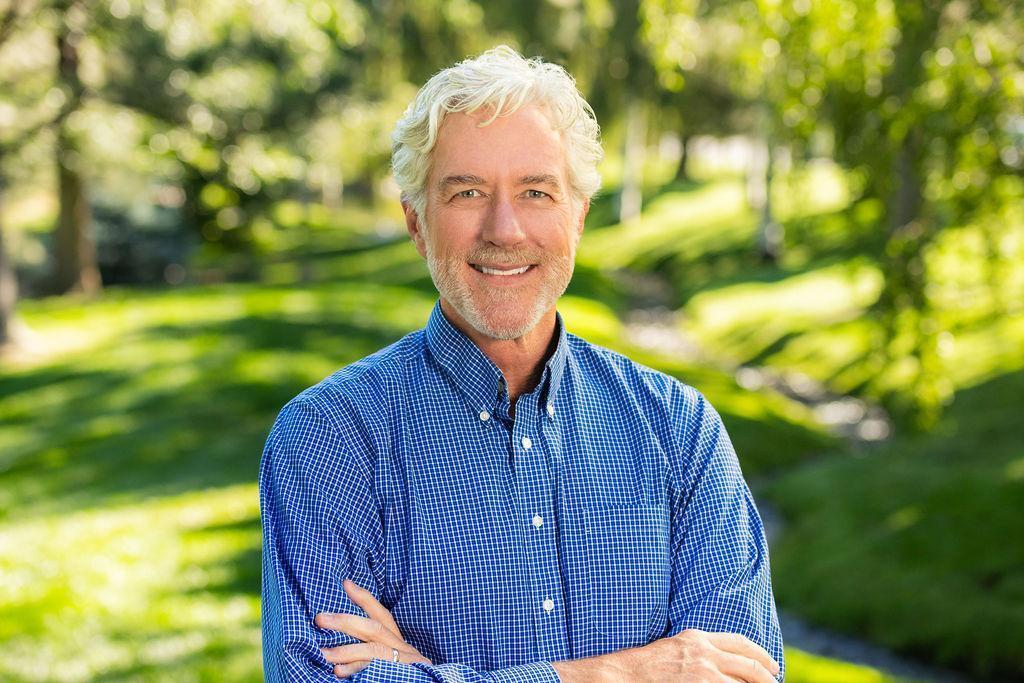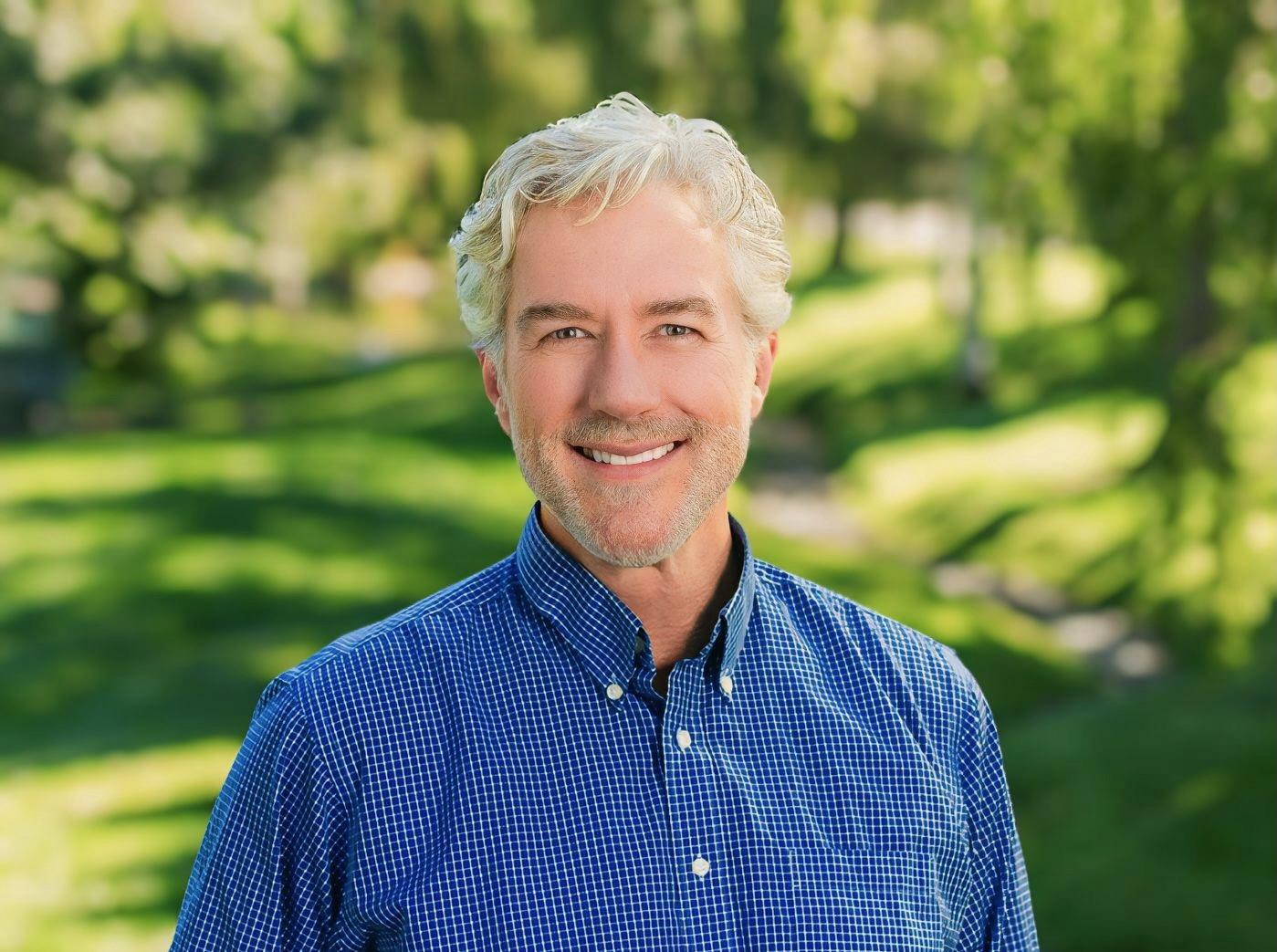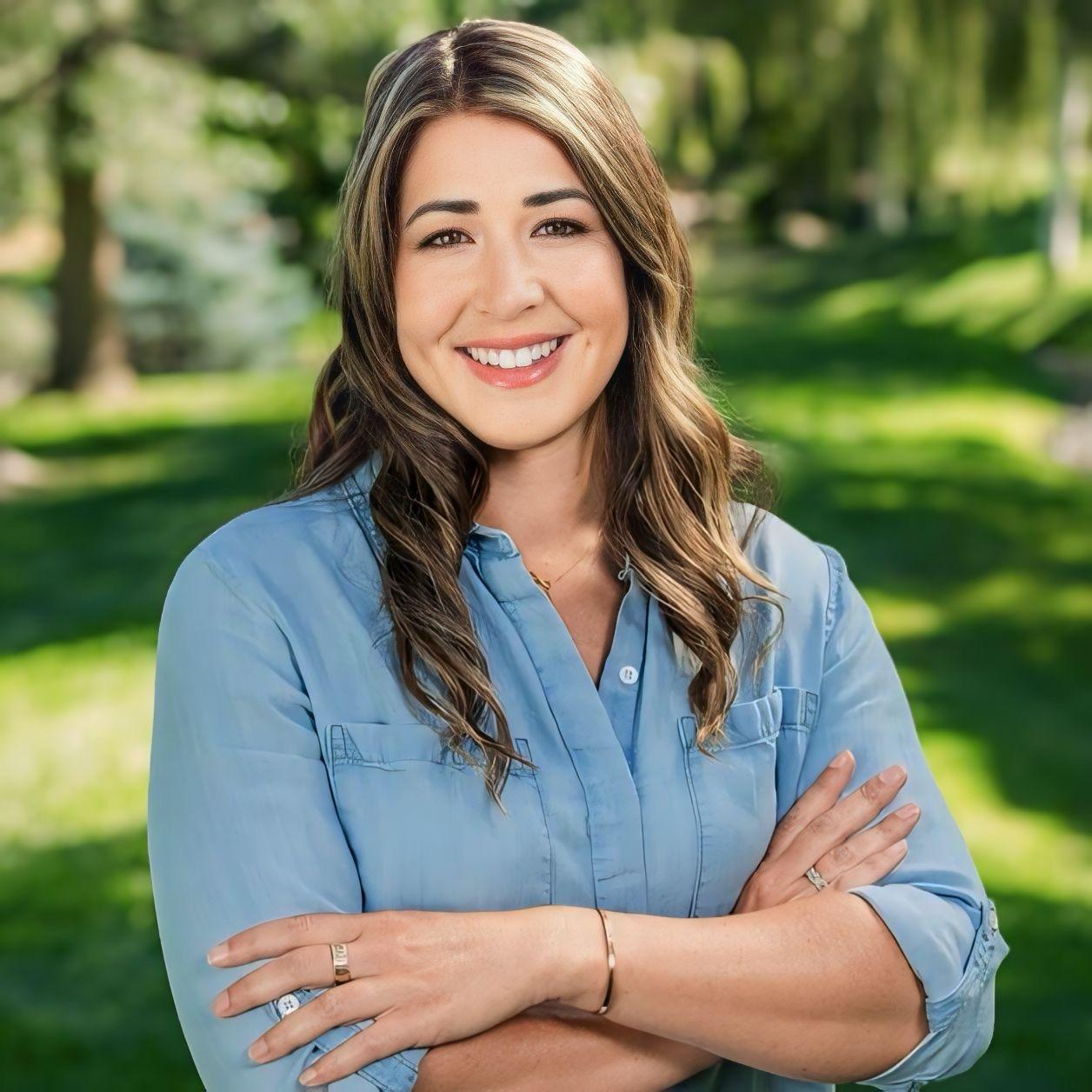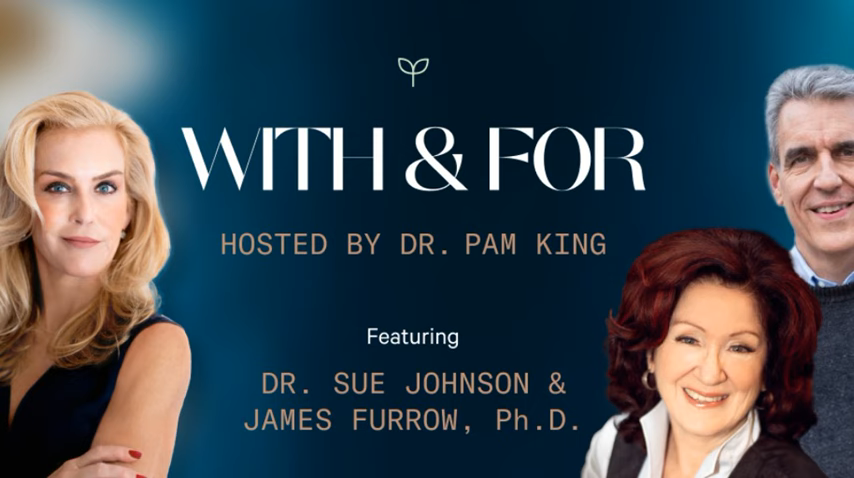Posts Tagged ‘EFT Couple Therapy’
7 Signs You Need Marriage Counseling / Couples Therapy (2026 Expert Guide)
Most couples try to “self-help” their way out of a rut before seeking professional support. While books and podcasts are great, certain patterns—like constant circular arguments or a total lack of intimacy—benefit most from expert intervention. If you’ve found yourself asking, “Should we do marriage counseling now?”, you’re already taking a brave first step toward healing.
In this guide, I’ll break down 7 critical red flags that suggest your partnership needs the specialized support of couple counseling & marriage therapy. Recognizing these signs early allows you to move from “roommate mode” back into a deep, connected relationship. If you recognize these signs, speaking with a specialist can help. Schedule a free 15-minute consultation.
7 Signs Your Relationship May Be in Trouble
1. Diminished Priority on Quality Time Together
In the early stages of a relationship, the thrill of spending quality time together is often incomparable. However, if you find yourselves gradually drifting apart due to other commitments or distractions, it’s worth taking a closer look at the health of your relationship. To be clear, life has a way of keeping us busy, but a consistent decline in the time spent together could be an indication of fading interest in nurturing your bond. That said, it’s crucial to differentiate between evolving priorities and emotional detachment.
2. Communication Becomes Stagnant or Scarce
Effective communication is the lifeblood of a thriving relationship. When your conversations start feeling repetitive, mundane, or infrequent, it may be a sign of diminishing emotional intimacy and connection.
3. Negative and Minimal Communication
Meaningful communication should uplift and strengthen your relationship. If your interactions are marred by negativity, frequent arguments, or criticism, it can slowly erode the trust and harmony in your partnership.
4. Conflict Breeds Resentment Instead of Resolution
When disagreements persist without resolution, they turn into “attachment injuries.” Instead of just arguing about the dishes, you’re arguing about whether your partner is there for you. This is where Emotionally Focused Therapy (EFT) is incredibly effective—it helps you get underneath the anger to the core needs that aren’t being met.
5. One Partner Voices Concerns
Often, one partner may sense trouble in the relationship before the other. If your partner expresses concerns or dissatisfaction, it’s crucial to take their feelings seriously and initiate an open and honest conversation. This is another factor in answering, “should we do relationship counseling now?”
6. One Partner Shows Reluctance to Listen
Effective communication involves active listening from both partners. When one partner consistently dismisses the other’s thoughts and feelings without a willingness to engage, it can lead to frustration and emotional distance.
7. Criticism of Differences Instead of Embracing Them
If you find yourself constantly criticizing your partner’s personality rather than their behavior, there may be deeper individual stressors at play. Sometimes, the best way to show up for your marriage is to spend time in individual counseling to understand your own triggers and reactive patterns.
Conclusion
Healthy relationships require nurturing, communication, and mutual effort. Determining whether you should do relationship counseling isn’t always easy. Recognizing these warning signs that your relationship might be encountering challenges is the first step toward addressing any underlying issues and rekindling the flame of love. If you identify with any of these signs, consider seeking professional guidance and at the least, engaging in a sincere conversation with your partner about your concerns. Relationship counseling like EFT can get you back on the path of connection. Remember, with dedication and mutual support, many relationships can overcome obstacles and emerge stronger than ever before!
Choosing the Right Couples Therapist
How to Choose a Couples Therapist
Choosing a couples therapist is an important step toward strengthening your relationship — but how do you know which therapist is right for you and your partner? You may have searched for terms like “best relationship counseling near me” or “how to choose a couples therapist,” and now you’re looking at a list of options. How do you make an informed choice?
Starting couples therapy is a significant investment in your relationship. You want a therapist whose expertise aligns with your needs — someone who understands the challenges you’re facing and can guide you effectively.
A good couples therapist will typically offer a brief consultation so you can assess their approach and determine if they’re the right fit. To help you through this process, I’ve provided a list of key questions to ask when evaluating a potential therapist — along with guidance on what to listen for in their responses.
These questions fall into 3 essential categories:
- A therapist’s qualifications – Their training, experience, and credentials.
- Their perspective on relationship distress and wellness – How they understand and approach relationship challenges.
- Their therapeutic process – What working with them will look like, session to session.
First, Reflect on Your Relationship Needs and Past Therapy
Before you start calling therapists, take a short pause together. A little clarity here makes the search faster and the first session more productive.
Why now?
What’s brought us to therapy at this moment? Are we:
- Arguing more often or avoiding difficult conversations?
- Recovering from a betrayal such as an affair or addiction?
- Struggling with emotional or sexual disconnection?
- Facing parenting, blended-family, or major life stresses?
- Wanting to strengthen our bond before bigger problems arise?
What have we tried before?
Have either of us done individual or couples therapy in the past?
- What genuinely helped? What didn’t?
- Did we feel safe, respected, and fairly understood?
- Did therapy lead to lasting change, or did things drift back?
Hopes and outcomes (set a shared aim)
Try completing this sentence together:
“In 8–10 sessions, we’d like to be able to…”
- De-escalate our arguments faster
- Feel emotionally close again
- Rebuild trust after a rupture
- Decide together what our next step should be
Values, identities, and preferences
Are there cultural, faith, identity, or lifestyle factors we want our therapist to understand?
Will we need telehealth sessions some of the time?
Emotional safety and boundaries
Are there any emotional or physical safety concerns we need to name up front?
If an individual assessment sessions occurs (they are a normal part of the therapy we do at Individual & Relationship Counseling Associates), what boundaries around confidentiality would help us feel safe?
Quick takeaway:
The clearer you are about why you’re coming, what’s helped or hurt before, and what “better” would look like, the easier it will be to spot a therapist whose training and approach match your needs.
Ask a Potential Therapist These Questions
Is a potential new couple therapist to find out if they’re right for you? Below is a guide to help you determine this and find the right relationship counseling near you. I’ve broken it into sections to make it easier to track.
Couple Therapist Qualifications
Experience and Professional Engagement
“Approximately what percentage of your practice over the last two years has been dedicated to working with couples?” And, “do you have a regular consultation process wherein you discuss your work?” These questions aim to assess the therapist’s dedication to couples therapy. A therapist applying techniques learned for individual therapy to the complexities of a couple’s dynamics can fall far short of what a relationship needs.
Specialized Couple Therapy Training and Qualifications
“What specific training in couples therapy have you undertaken?” Exploring their specialized training provides insight into their qualifications and dedication, facilitating the process of finding the right therapist for you. Prospective therapists should be able to describe application of a method of therapy relative to their training. An EFT Couple Therapist can describe their process in a detailed fashion.
“Do you have specific training regarding difficulties related to sexuality?” This is an important question for couples struggling with problems relating to sexuality to ask.
Feedback and Evaluation Process
“How do you provide feedback and evaluate progress in therapy?” This question allows couples to understand how the therapist assesses progress and navigates therapeutic milestones. A transparent feedback mechanism is vital for ensuring that therapy remains aligned with the couple’s goals and for making necessary adjustments to the therapeutic approach.
Couple Therapist’s Theoretical Orientation
Therapist’s Theoretical Orientation
“What theoretical perspective guides your work with couples?” It is essential that the therapist operates from a solid theoretical foundation, such as Attachment Theory, which is at the heart of Emotionally Focused Couple Therapy (EFT). The approach a therapist takes should be grounded in solid theory. Also, there should be a structured methodology to effectively address relationship distress.
Does the Therapist Understand When NOT to Do Couple Counseling?
“What are the Contraindications to Couple Therapy?” A prospective therapist should be clear about this. They should describe when the type of couple’s therapy they do might not be the best choice or should be approached with caution. Common contraindications follow: Severe mental illness and substance use disorders that interfere with participation. Misaligned agendas for therapy. Ongoing affairs that threaten a partner’s sense of security. Also, a risk of violence that prohibits vulnerability. In some cases, addressing the contraindicating issue (such as through individual therapy, addiction treatment, or safety planning) can make couple therapy like EFT a viable option later on.
Therapist’s Focus: Emotional Connection or Behavioral Contracts?
“How important is the emotional bond versus behavioral contracts in your approach to couple dynamics?” Herein, a therapist who emphasizes strengthening the emotional connection addresses the core issues of relationship distress effectively. The late Dr. Sue Johnson’s insight, “it’s about the bond, not a bargain,” poignantly captures the essence of couple therapy.
Perspective on Enhancing Communication Skills
“How do you work to enhance communication skills in your therapy sessions?” Ideally, the therapist’s approach should highlight the importance of fostering trust that your partner is available, responsive and emotionally engaged. By contrast, a focus on mere communication techniques can interfere with the depth of understanding in the relationship. “I statements” and similar “communication tips” don’t come online readily when intense emotion gets stirred. This is a very important distinction in finding the right therapist for you.
Couple Therapist’s Process
Expectations for Therapy Duration and Frequency
“What are your expectations for the duration and frequency of therapy sessions?” This question helps set realistic expectations for the therapy process. For example, you want to understand how long it might take to see improvements and how often sessions will occur. Therapy is a significant investment. It’s crucial for planning and commitment to the therapeutic journey that you know what to expect.
Strategies for Enhancing Connection Outside Therapy
“What strategies do you recommend for couples to enhance their connection outside of therapy sessions?” A therapist who offers practical tools, exercises and resources for couples to work on between sessions demonstrates a proactive approach to therapy. This can help accelerate progress by encouraging partners to actively engage outside the therapeutic setting.
Approach to Individual Sessions
“Do you conduct individual sessions with partners?” Generally, therapy should involve both partners, with individual sessions reserved for specific assessment purposes. This approach reflects the therapist’s commitment to treating the relationship as the central client. Further, you probably don’t have the right therapist for you if they don’t have a clear policy about how to treat informations shared during individual sessions!
Ensuring Impartiality
“How do you maintain impartiality in your sessions?” Asking this question probes the therapist’s strategy for navigating complex couple dynamics. Thereby, ensuring they view the relationship as an interconnected system. I think it’s so important to feel confident about a prospective therapist’s answer to this question. This is because the experience of therapist bias toward one partner is a primary reason clients cite for therapy “failing.”
How to Find the Best Couples Therapy Locally
If you’re looking for couples therapy in Reno, NV (or in your local area), here are a few tips to help you find the best therapist for your needs:
- Search using phrases like “how to choose a couples therapist near me,” “relationship counseling near me,” or “couples therapy Reno NV.”
- Look for therapists who specialize in relationship work and have advanced training — such as Emotionally Focused Therapy (EFT)
- Prioritize therapists whose practice is focused on couples counseling — not general individual therapy.
- Ask for a brief consultation — this helps you assess their approach and whether it feels like a good fit.
- Consider practices like Individual & Relationship Counseling Associates in Reno where couples therapy is a core specialty.
How to Choose a Couples Therapist: Summary
Selecting the right couples therapist is a thoughtful process — and asking the right questions can help you choose a professional who aligns with your relationship goals. The questions provided here will give you insight into a therapist’s philosophy, methods, and approach, helping you determine if they’re the right fit for your needs.
While a basic search such as “relationship counseling near me” is a good starting point, refining your options is essential. Look for a compassionate, well-trained therapist who provides a clear process, focuses on emotional connection, and can effectively guide you and your partner toward a stronger relationship.
If you’d like to learn more about our approach to couples therapy, visit our Couples Counseling in Reno page or contact us for a confidential consultation.

Meet Hillary Harris, CPC-I
Hillary Harris: Find Your Path to Clarity, Balance, and Connection
When life feels overwhelming, it’s easy to feel stuck in a cycle of anxiety or disconnection—longing for a deeper sense of peace but unsure how to get there. I’m Hillary Harris, a relationship therapist in Reno dedicated to helping you navigate those difficult moments. My first priority is to create a safe, supportive space where you feel truly seen and understood, providing the foundation you need to move toward the life and relationships that matter most to you.
Healing begins when we understand the patterns that keep us stuck. My work is grounded in attachment-based Emotionally Focused Therapy (EFT), a proven approach for individuals and couples seeking to move past surface-level conflict and toward a secure, lasting connection. Whether you are navigating a painful rift with a partner or looking to find internal safety within yourself, I am here to guide you through the small, meaningful shifts that lead to deep trust and genuine closeness.
How I Can Help
My work is grounded in attachment-based Emotionally Focused Therapy (EFT), a proven approach for healing and strengthening relationships. Whether you’re navigating painful disconnection with a partner or struggling to make sense of your own emotions, I’ll help you identify the patterns that keep you stuck and guide you toward new ways of connecting that feel more supportive and secure. The change often begins with small, meaningful shifts—moments of reaching and responding differently—that open the door to deeper trust and lasting closeness.
My Approach
Specialty Areas:
- Emotionally Focused Therapy (EFT): A proven approach to strengthening relationships and resolving conflict.
- Attachment-Based EFT for Individuals (EFIT): Focused on helping you heal and grow as an individual.
- Brainspotting: A powerful, focused treatment method designed to help process trauma and access deep emotional healing.
A strong connection between therapist and client is essential for therapy to work. Learn more about the importance of the therapy working alliance here. Together, we’ll explore the patterns that are keeping you stuck and find ways to create lasting change.
Who I Work With
I’m especially passionate about working with:
- Couples wanting to rebuild connection and trust. Read more about couples therapy here.
- First responders and military personnel navigating high-stress environments.
- Individuals coping with relationship loss or the effects of trauma. Read more about individual therapy here.
I have extensive, past experience as a military spouse with children. This experience has given me insight into the unique challenges faced by people in high-stakes, high-stress roles, and I bring that understanding into my work. Emotionally Focused Therapy is a well-researched model for helping military couples and families. I’ll be happy to talk with you about your specific circumstances and how I can help.
What to Expect
At Individual and Relationship Counseling Associates, we focus on providing compassionate, focused, personalized care. I’m part of a dedicated, collaborative team and regularly consult with our Clinical Director, Cornelius Sheehan, LCSW, to ensure I’m offering the best possible support for my clients.
Session Details
- Fee: $140 per session with a sliding scale.
- Insurance Accepted: Hometown Health Plan
- Ages Served: 18 and older
Hillary’s Areas of Expertise
- Relationship Issues
- Trauma and PTSD
- Veterans
- Addiction
- Anxiety
- Codependency
- Depression
- Divorce
- Family Conflict
- First Responders
- Grief
- Life Transitions
- Marital and Premarital Counseling
- Spirituality
- Stress
More About Hillary
I’m a mom of three teens and a sweet therapy dog, Ginger. When I’m not in the therapy room I’m usually enjoying one of the beautiful outdoor opportunities that are a part of living in Northern Nevada.
Get Started in Therapy with Hillary Harris
I’m here to help you navigate the challenges you’re facing and support your journey toward emotional health and stronger relationships. Let’s work together to help you move forward. Call now, or use our contact form for a free consultation.
Find the Right Connection
Our team at Individual & Relationship Counseling Associates works collaboratively to support the Reno community. While we all have extensive and ongoing training in attachment-based Emotionally Focused Therapy (EFT) for couples, our clinicians provide specialized focus areas to help you find the right fit:
- Gina Bemis: Strengthen your family bond. Gina specializes in EFT-based couple and family support, helping both the unit and the individual grow together.
- Maddie Huntley: Navigate life transitions with confidence. Maddie offers specialized therapy for young adults facing family conflict or the challenges of early adulthood.
- Karen McKinney: Heal from the past. Karen provides compassionate relationship repair for individuals and couples, with a specialized focus on healing from addiction and trauma.
- Sarah Rosenbloom: Support for your growing family. Sarah offers dedicated attachment-based counseling for couples navigating the unique emotional complexities of fertility and pregnancy.
- Amy Aranda: Find your path back to connection. Amy focuses on helping individuals and couples move past “stuck” patterns to build clarity, balance, and security.
- Cornelius Sheehan: Guidance for deep change. As a veteran clinician, Cornelius provides expert care for complex family dynamics and long-term relationship repair, alongside depth-oriented psychotherapy for individuals.
“The Science of Relationships: Healing, Emotion, & Connection with Drs. Sue Johnson & Jim Furrow”
“With & For“, a podcast hosted by Dr. Pam King.
This is a wonderfully warm and informative program where Sue and Jim discuss the core importance of relationship, and how to improve relationships. The following topics are covered:
• Living in a way this is, “fully alive.”
• How to bring together the spectrum of emotional realities with our lived experience
• Today’s loneliness epidemic; what to do about it
• The importance of empathy and caring in the healing process
• What is attachment science? And, the role of attachment figures in thriving relationships
• Improving relationships: therapeutic and relational practices that lead to security, a sense of worth, and competence in life.
How to improve relationships. From the show host: “Our society doesn’t want to hear about how interdependent we are—doesn’t want to hear that if we want to thrive, we have to put people first and we have to create community. And people need connection with others like they need oxygen. If you create a world where that connection isn’t very available or it all happens on a screen, you are going to have huge problems. You are going to have huge problems with depression, anxiety, suicide, emptiness—people are going to make terrible choices.” (Sue Johnson) We need each other. We are relational beings, and our thriving—or languishing—often hinges on relationships. In this episode, psychologists Sue Johnson and Jim Furrow not only explain why relationships are so important, they offer practical advice on how to pursue healing, emotional regulation, and lasting thriving in all kinds of relationships. Sue Johnson is the creator of Emotionally Focused Therapy, the gold standard in tested, proven interventions of couples and author of many books including Hold Me Tight: Seven Conversations for a Lifetime of Love. Jim Furrow is a marriage and family therapist and an internationally renowned trainer of Emotionally Focused Therapy. This conversation goes from profound to practical, covering the biological and psychological science to explain why belonging gives way to becoming. We discuss the rampant emptiness and loneliness, fear, and depression people today experience and the connection between relationships and a sense of meaning in life. Sue and Jim also provide a framework for how to understand your attachment style and the way it impacts your relational health. And they discuss the practical ways we can grow and change so that we can engage in and sustain fulfilling and life giving relationships.”
Our EFT relationship therapists in Reno will help you learn more about how to improve your relationships. Contact us for a free consultation.
Meet Cornelius Sheehan, LCSW- Reno Therapists
Counseling with Reno Therapist Cornelius Sheehan, LCSW
About me as a therapist:
For more than 20 years, I have worked with couples and individuals. I understand how important it is to have a secure, connected, and hopeful relationship. I specialize in attachment-based, Emotionally Focused Therapy (EFT) for individuals, marriages, couples, and families in Reno. I am certified as an Emotionally Focused Therapist and Supervisor. I use primarily EFT in my work with couples, individuals, and families. The things I appreciate most about EFT are its effectiveness, research-based approach, and strong theoretical foundation. But EFT is also a client-centered model. A client-centered model of therapy means that the therapist prioritizes the client’s perspective, emotions, and autonomy in the therapeutic process.
A few years ago, I started Individual & Relationship Counseling Associates in Reno, NV. A small, collaborative therapy group dedicated to excellence in attachment-focused therapy.
I have had the privilege of helping hundreds of couples and families repair ruptures and connect again. Along the way, helping at least as many individual clients become more self-aware and accepting. I’ve supported these clients in successfully dealing with depression, anxiety, and relationship problems.
Attachment theory’s empathy, curiosity, and non-judgmental stance align with my natural style. Although I bring expertise in therapy, I see you as the expert on your life and goals. Thus, I commit to approaching our work together with humility and curiosity.
One of my proudest professional achievements is starting a counseling program for inmates at the Washoe County Sheriff’s Office in 2004. We developed a novel and highly successful program to help reduce recidivism, especially for “failure to comply” violations. The program was funded by inmate purchases. I actively participated in these programs until 2011, when I dedicated myself full-time to private practice.
Another accomplishment that has brought me a lot of joy has been mentoring students and interns, guiding them to find their unique paths as professionals in the field of therapy. Additionally rewarding is the work I do helping train and supervise therapists wanting to learn EFT in Reno.
In addition to my work with individuals and couples in therapy, I also co-facilitate Hold Me Tight® couples retreats here in Reno. These retreats offer couples a chance to step away from daily life and focus fully on their relationship. Guided by the principles of Emotionally Focused Therapy, the retreats help partners understand the patterns that keep them stuck, learn new ways to communicate, and rediscover a sense of safety and closeness together. Over the years, it’s been incredibly rewarding to witness how these weekends can transform a couple’s connection and inspire hope for lasting change.
About me as a person:
I always remember being profoundly curious about people and relationships. We are all so complex, with so much happening beneath the surface.
I find this complexity fascinating. I feel lucky that my interest has guided me to a profession I love. Moreover, it motivates me to stay current with changes in the field.
My wife Tammy and I live with our three rescue dogs. We have three adult children. Born in San Francisco, I have lived briefly in a few different places, but Reno has always remained home base.
Learn more about therapy in Reno with Cornelius
You can inquire about counseling with Reno therapist Cornelius Sheehan, LCSW and our team of highly-trained EFT therapists here. Call us at 775-235-2205 and we’ll be happy to discuss how we can help. Sessions with Cornelius range from $185 to $210 for 55-min meetings, and $260 for 90-minutes. Insurances accepted include Hometown Health Plan. Two-day weekend intensive sessions are available (call for details).

Cornelius is invested in Reno and Nevada:
Since 1974, I have resided in Reno, deeply committed to this community. I attended Reno High School and UNR. I actively participate in various advisory roles for Reno and the State of Nevada.
Additionally, I founded Relationship Health Counseling Associates to enhance services for clients in this area and provide highest quality professional development for therapist interns in Reno.
Cornelius specializes in Emotionally Focused Therapy (EFT for couples, individuals and families). He supervisors clinical interns and candidates for EFT Certification. He is the Founder / Director of rceft.org, the Reno/Tahoe Community for Emotionally Focused Therapy. You can learn more about EFT at rceft.org and iceeft.com. ICEEFT is the International Center for Excellence in Emotionally Focused Therapy.
Nevada License Number: 5605-C
Cornelius works with clients aged 18-years and older, and children in the context of family therapy.
Cornelius’s Specialties and Expertise
Top Specialties
- Relationship Issues
- Anxiety
- Depression
Expertise
- Certified Emotionally Focused Therapist
- Divorce
- Family Conflict
- Marital and Premarital
- Cancer
- Grief
- Infidelity
- Internet Addiction
- Lesbian
- Men’s Issues
- Mood Disorders
- Parenting
- Peer Relationships
- Self Esteem
- Veterans




